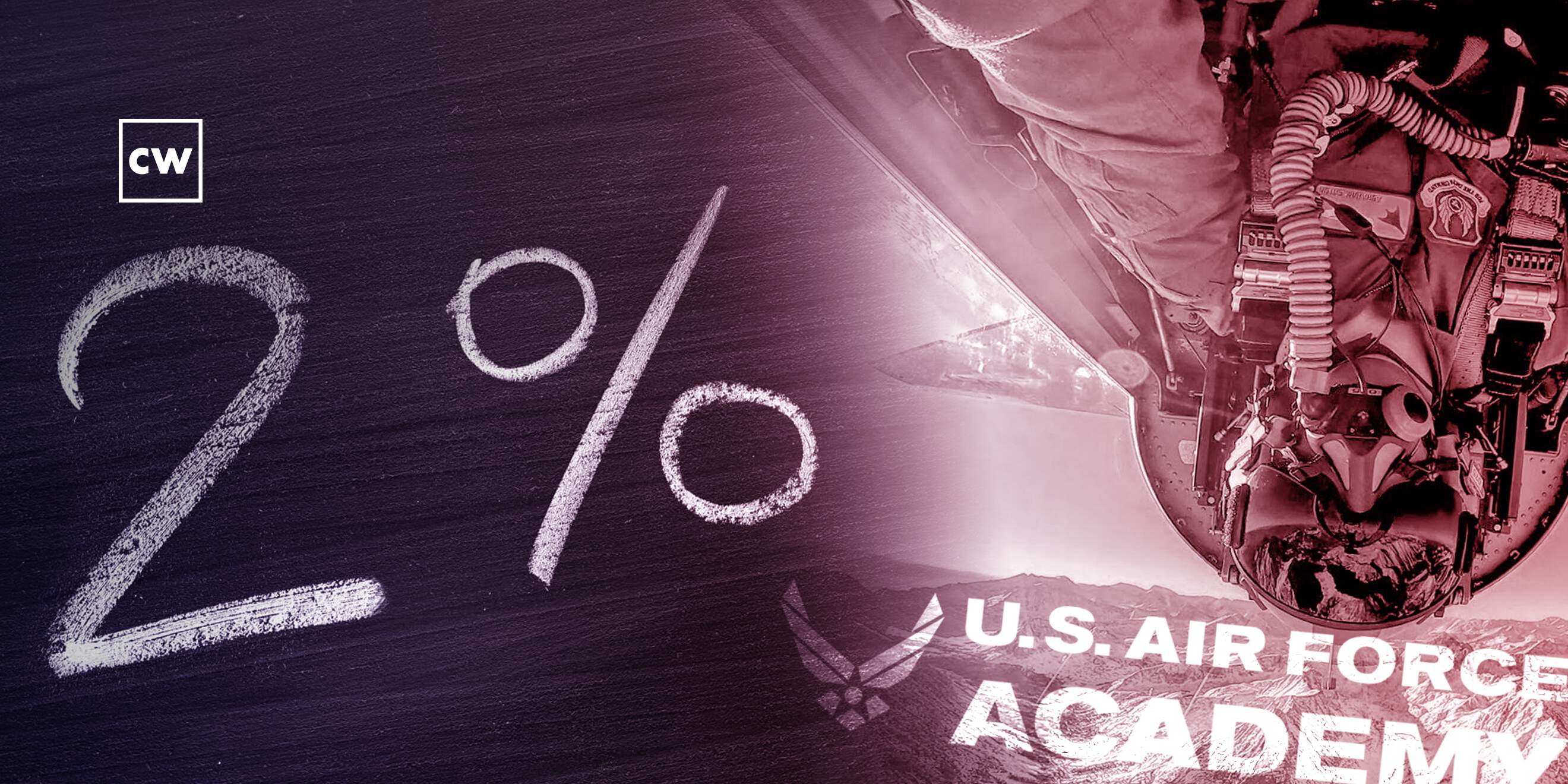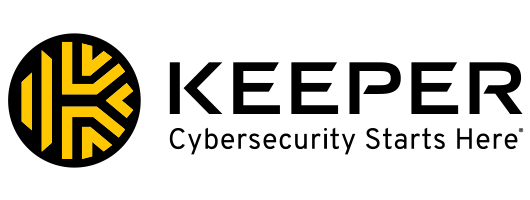
Sloane Menkes: What is the 2%? [Consultant]
Sloane Menkes: Hello. I am Sloane Menkes and I am a Principal in PricewaterhouseCoopers Cyber Risk and Regulatory Practice, and I lead our Microsoft Cyber Alliance.
Sloane Menkes: I really didn't have any idea about what I wanted to be. It was more about what I wanted to do. So I've always had a fascination with math and solving problems and I've had this almost non-linear view, even before I knew what non-linear math was, and I can look back on it and see that my life I saw as variables and I was looking for ways to solve for them. And, that I can move forward if I solve for one variable and maybe I needed to take a couple of steps back and re-solve to move forward. But I always had this sense that I would be able to do something that would be around solving problems.
Sloane Menkes: Growing up, I actually had friends of all different sorts. I really enjoyed nerding out with my friends who were willing to hack their way onto the mainframe on our local university campus. But I was just as comfortable in the fact that I was quite athletic and I was an athlete. I found my way to connect with lots of different people. That was really important to me. Maybe it was just because I saw that there were so many different variables in life and I wasn't quite sure where I was headed.
Sloane Menkes: I have an experience where in high school, someone who was older than me, that I had a crush on, turned around during math class and he looked at me and he said, "Sloane, do you realize if you put 2% more effort in that you would be phenomenal at everything that you do?" And it stuck with me. Am I an overachiever? Yes, definitely. I go back to that story. I actually tell people that, um, that are mentors or mentees of mine. So when I feel that perhaps, okay, I'm shutting down. I say, what is the 2%? I actually have made that into this mantra. And this person has no idea what an effect they had on my life.
Sloane Menkes: I chose actually to extremely focus on going to the US Air Force Academy. I threw everything into making sure that not only did I get nominated, but that I got accepted. It's a two-stage process for our service academies. And I did get into the Air Force Academy, and I really thought that engineering was where I was going to land. There were theorems that you would follow, and that was fun, but it was not as exciting as solving a problem for me. And then I learned about operations research, which was a combination of using math and using computer science, and in some cases using economic modeling, to create models that would solve complex problems. It fascinated me and I loved it. I really found a way to fine tune that intuitive problem solving skill or way of thinking that I have.
Sloane Menkes: In college I leaned in and I decided, even though it wasn't required, that I was going to take calc 3 and calc 4, and I had this beautiful mindblowing eye-opening experience where I fell in love with calculus, and all of a sudden intuitively understood calculus. Figuring out non-linear math really spoke to me. The way that I had been thinking most of my life, I could see on a sheet of paper and understand that there was actually a method to the madness or perhaps not madness, but a method to my thinking.
Sloane Menkes: The challenge in the military discipline for me was that I never wanted to get it wrong. I actually had a very strong family relationship with serving in the military, and yet I didn't have a large familiarity with what it meant. So there was a huge learning curve for me in that respect. Now having said that, I was one of five graduates and the only female who won a military award at graduation at the Academy.
Sloane Menkes: I was actually really lucky. I got one of six selected Air Force slots to go get my graduate degree in management information systems and I was able to do that while I was on active duty. My first assignment as a First Lieutenant in the Air Force, I found myself at headquarters OSI, or Office of Special Investigations. Officially, I was head of the configuration management branch for code that was being written for special agents. They, interestingly enough, had one of the longest running cyber crime or forensics investigative labs that had existed when I was there in the 90s. I was exposed to Howard Schmidt who was a civilian agent and he became a legend in his own right. He became the first White House Head of Cybersecurity. He asked me several times to help him with his briefings when he was writing up cybersecurity incidents. I had the clearance for it, and this is where I first started to get interested in cybersecurity.
Sloane Menkes: On transitioning out of the Air Force, I was briefly a contractor for the State Department in their cybersecurity lab. I got to focus on this thing that I was so excited by and learned a lot in just a few short months. While I was there, Pricewaterhouse was doing a project. I was able to apply for cybersecurity position with them and I have been there ever since.
Sloane Menkes: One of the things that I love about consulting is it's constantly changing environment. Day to day, I also have found that being able to change the things that I'm focused on, but remaining in the realm of cybersecurity has been fascinating to me and I've been able to do all of that. None of this would keep me as excited to stay there if it weren't for the people I'm working with. And I mean, both my clients, as well as the people that I'm working with at PwC.
Sloane Menkes: I had a great mentor who taught me that putting things in buckets helps with perspective when I have encountered challenges. It was really great mentoring advice. Things are going to be challenges and being able to put some perspective in that, by putting it in the bucket. Is this going to matter six weeks from now, this is going to matter six months from now. Is this gonna matter six years from now? If it's going to matter six years from now, well, that's career changing, so spend a lot more time on that, but if it's not going to matter six days from now, we'll make amends with whatever that challenge is, don't just brush it off, but make amends so that you have figured out a way around that challenge or through that challenge.
Sloane Menkes: I have always been really passionate about women in cybersecurity. So when I joined PWC, interestingly enough, there were 10 of us hired at the same time and actually half of us were women. In 1997, that was nearly unprecedented. Understanding that we need to support each other, we've grown, but it took us a decade to start to get our numbers up. Don't be afraid to explore cybersecurity, even if it's not necessarily the thing that you've studied for, I didn't study for it in college. I actually got to learn a lot about it on the job. The second bit of advice that I would give women who are not so interested, but they're intrigued by it, is go ahead. Dig in, learn. There's so many great resources about learning what cybersecurity is all about. Don't let that be intimidating, instead let that be inspiring.
